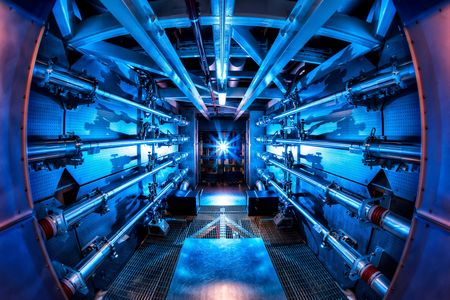By Timothy Gardner
WASHINGTON (Reuters) -Global fusion energy investment grew by $2.64 billion in the year since last July, an industry group said in an annual industry survey on Monday, but companies said they need much more money to take the industry commercial.
The investment rise took place in places including the United States, the EU, Japan, China and Britain and was the highest since 2022.
Total funding since 2021 for the 53 fusion companies in the survey by the Washington-based Fusion Industry Association, is now nearly $9.77 billion, a five-fold increase. This year’s investment was a 178% jump from the more than $900 million raised last year.
“The acceleration of capital, even when the global economy has tightened, is a signal of maturing investor confidence, technological progress, and a rapidly coalescing supply chain,” said Andrew Holland, FIA’s CEO.
Fusion, which fuels the sun and stars, is in the experimental stage on Earth, but could one day generate enormous amounts of energy that emits virtually no greenhouse gas and without generating large amounts of long-lasting radioactive waste.
Physicists work to replicate fusion reactions by forcing together light atoms with technology including lasers or giant magnets. Tall hurdles to commercialization include lowering the amount of energy needed to spur reactions, getting reactions to occur continuously, and systems to transmit the energy.
The survey does not count public funding for public fusion projects, which China is believed to the world leader in.
Venture arms of traditionally fossil fuel companies Chevron and Shell and Siemens Energy and Nucor, the largest U.S. steel producer, were some of the investors.
The investment hike has benefited from a boom in power demand from artificial intelligence and data centers. Google said last month it had struck a deal to buy power from a Commonwealth Fusion systems plant in Virginia which hopes to generate power by the early 2030s.
Despite the funding jump, 83% of respondents said they still consider getting investments challenging. Fusion companies said they would need an additional $3 million to $12.5 billion to bring their first pilot plants online, with a median response of $700 million.
The total of $77 billion that respondents said they would need is about eight times more than has been committed by investors. Expected industry consolidation could reduce the total investment needed, the survey said.
(Reporting by Timothy Gardner; Editing by Lincoln Feast.)









